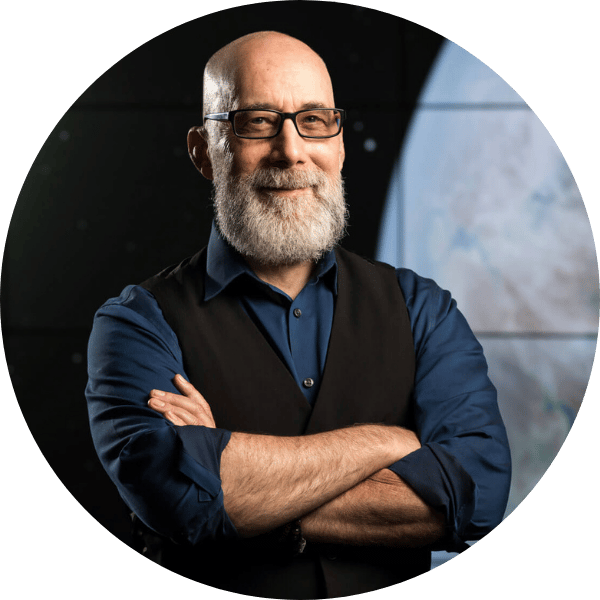When I was a kid back in the 1970s, there were only three television channels. There were also movies, but you had to go to a theater to see them. And, of course, there were novels.
When my grandfather was a kid, however, radio wasn’t even a thing and movies were just getting started. And when his grandfather was a kid, there were only novels—and most people couldn’t read.
You go back far enough, and most people at most times just didn’t have stories. At least not a lot of them. Not like today—and that matters for the future of the human mind.
Consider these wee factoids: Today, there are 3,174 streaming services operating in the US. This year the big services—like Netflix, Amazon Prime, and HBO - will drop around 500 new shows.
That is a shitload of stories.
I raise this issue because one topic I want to cover here at Everyman’s Universe is the effect of technology on the human future. It’s been said that the Story was Homo sapiens’ first and most powerful technology. To be clear, I don’t mean stories people tell each other in line at the butcher shop (like who is boinking whom). Instead, I mean the kind of stories performed by a visiting troupe of actors (back in the day), or the ones you could read in books after the printing press was invented, or the kind you watch on Netflix today. From big Mythological origin stories to tales of romace and adventure, these are the kind of stories we learn from or get transported by. Most importantly, these are the ones that shape us and the culture we’re part of.

If telling stories was our first technology, then advances in technology have always changed how stories could be told, when they could be told, and how often you heard them. From ink and paper to the printing press to today’s digital devices, across history we’ve found new ways to tell stories. As a consequence, we’ve told more of them.
I don’t think our great-great-great-great-grandparents encountered a whole lot of stories. But you and I? Holy crap, we are swimming in them. Love stories. Horror stories. Stories about doctors. Coming-of-age stories. Stories about spies. Stories about detectives. Stories about spies who are also detectives. Stories about doctors who are in love with spies who are also detectives.
The digital technologies that allow streaming services (and the profit motive for making them, of course) have flooded us with stories.
So where will this take us? Will people eventually get overwhelmed? I have students who say they can’t watch anything because they get “script fatigue.” They’ve either seen it all, or they’re too restless to stay past Season 1, Episode 1 of anything.
To be clear I am not bemoaning our fate here. For right now, I’m just asking the question. Something has clearly changed for us as human beings on a day-to-day level and it’s changed really quickly. Think about the number of stories you’ve digested in the last month: books; movies; TV shows; YouTube featurettes. How does that saturation make you different from almost every human being that’s ever lived. And what will come from these changes two, ten or a hundred generations down the road?
PS. If you liked this please pass it along to someone and encourage them to subscribe to Everyman’s Universe

— Adam Frank 🚀


